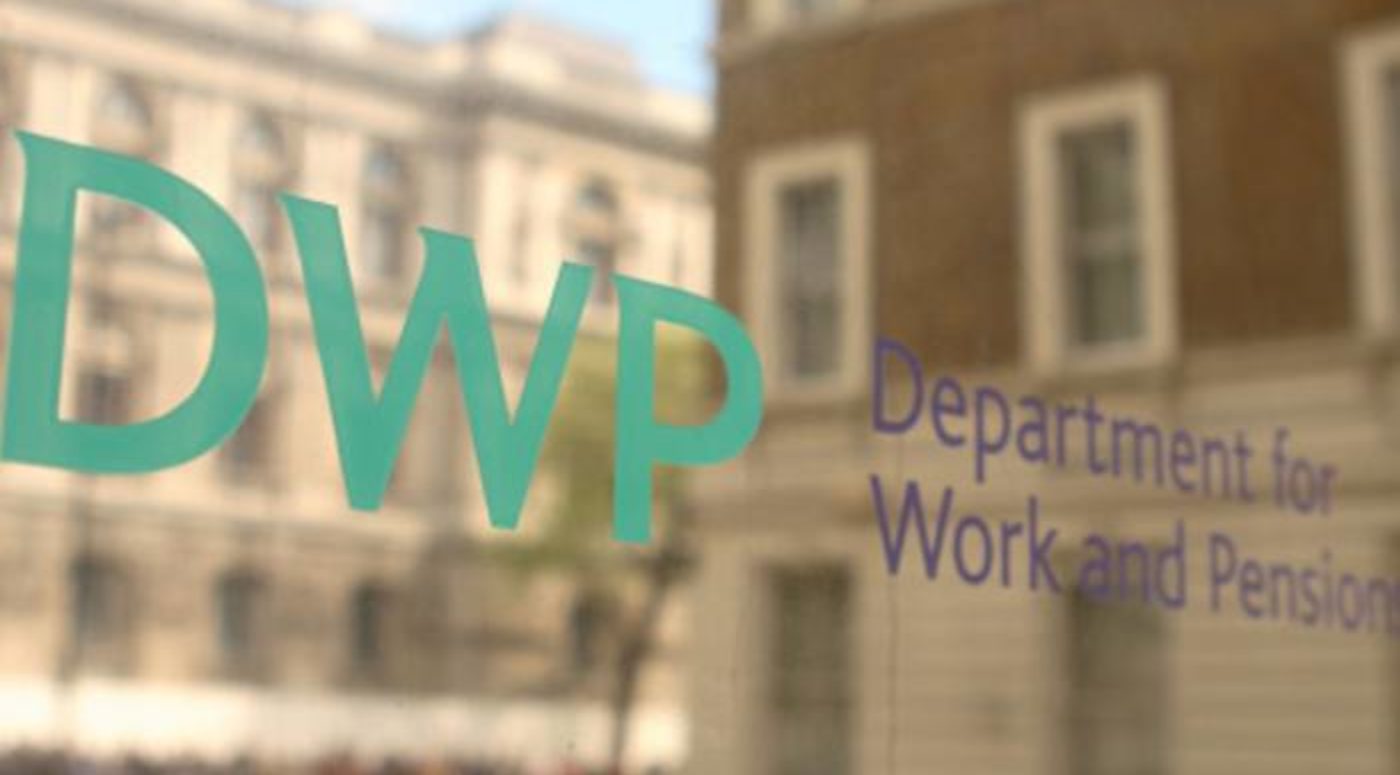

Benefit fraud puts a significant strain on the public purse, and so when it comes to potential offences of benefit fraud, the stakes are very high. Understanding the offence and its implications is crucial if you or someone you know is facing charges or already being prosecuted, even as a first-time offender. Benefit fraud is a serious criminal offence in England and Wales, and the penalties can include imprisonment. In this post, we provide information about the offence of benefit fraud and address common questions and concerns that arise for individuals who find themselves facing charge or prosecution for the first time.
What is the offence of benefit fraud?
Benefit fraud under English law refers to the act of knowingly claiming benefits one is not entitled to. This can involve a range of activities, such as failing to report a change in circumstances, inventing false circumstances, or using a false identity.
The main pieces of legislation that cover benefit fraud are the Social Security Administration Act 1992 and the Fraud Act 2006. There are three main offences which relate to benefit fraud in these acts:
- Dishonestly making a false statement to obtain a benefit (Section 111A of the Social Security Administration Act 1992)
- Dishonestly failing to promptly notify a change in circumstances to obtain a benefit (Section 112 of the Social Security Administration Act 1992)
- Fraud by false representation (Section 2 of the Fraud Act 2006)
For a prosecution to secure a conviction for these offences, the following points must generally be proven:
- Making a false statement or representation. The defendant must have made a false statement or representation (this can be by act or omission).
- Dishonesty. The defendant’s actions must have been dishonest. This is generally an objective test. In other words, would reasonable and honest people have determined that what the defendant was doing was dishonest?
- For the purpose of gaining an advantage. The false statement or failure to notify must have been made with the intent to either obtain an advantage, cause a loss to another, or expose another to the risk of a loss.
- Failure to notify a change in circumstances. For charges under Section 112, it must also be proven that the defendant failed to promptly notify the relevant authorities of a change in circumstances which they knew affected their entitlement to a benefit.
The specific prosecutorial requirements vary depending on the exact charge and the circumstances that led to the case. Note that the penalties for benefit fraud can be severe, including imprisonment, fines, and being required to pay back the overpaid benefits.
What are some examples of benefit fraud?
Examples of this offence include:
- Failing to declare income – not disclosing additional income to receive higher benefit payments.
- Non-disclosure of living arrangements – not reporting changes in living arrangements to continue receiving benefits as a single person.
- False disability claims – claiming disability benefits by providing false information about a medical condition.
- Fictitious dependents – claiming benefits for non-existent or ineligible dependents.
- Identity fraud – using someone else’s identity or false identification documents to fraudulently claim benefits.
- Unreported employment – failing to declare employment while receiving unemployment benefits or income support.
- Hidden savings or assets – concealing savings or assets to continue receiving means-tested benefits.
- Benefit swapping – illegally transferring benefit entitlements between ineligible individuals.
What happens if you are suspected of committing benefit fraud in the UK?
As outlined already, benefit fraud is a very serious crime in the UK and it involves an individual intentionally deceiving the authorities to receive benefits they are not entitled to, or failing to report a change in circumstances that affects their entitlement. Cases are usually handled by the Department for Work and Pensions (DWP) and local authorities, but cooperation of the police and other authorities is possible in more severe cases.
If you are suspected of committing benefit fraud in the UK, generally this will happen:
Initial investigation. If there is a report or suspicion of benefit fraud, the Department for Work and Pensions (DWP), HM Revenue and Customs (HMRC), or your local authority will start an investigation. This process may involve checking records and data, surveillance, and interviewing people who know you. They may also interview you under caution, which means that anything you say could be used as evidence against you. You are entitled to have a solicitor present during this interview, and it is highly recommended that you do so even if you are sure of your own innocence.
Interview under caution. If there is enough evidence to suggest benefit fraud, you will likely be invited for an ‘interview under caution’. This will be conducted by Fraud Investigation Officers. You have the right to bring a solicitor to this meeting. Anything you say during the interview can be used as evidence in court, so it is again recommended that you do.
Decision on action. Following the investigation, a decision will be made on what action to take. This could range from an administrative penalty (a fine), a caution, prosecution, or no action if there is insufficient evidence.
Court process. If a crime is suspected and there is sufficient evidence to convict you, you will likely be prosecuted. Depending on the severity of the fraud, the case could be heard in a Magistrates’ Court or a Crown Court.
Sentencing. If you are found guilty, the court will consider a range of factors when deciding your sentence. This could include repayment of the overpaid benefits, a fine, a community order, or imprisonment. The maximum sentence for benefit fraud can be up to seven years’ imprisonment if the case is heard in the Crown Court.
This is a general overview of how benefit fraud cases proceed and the exact process will vary depending on the specifics of your case. If you are facing a charge or prosecution for benefit fraud, it is imperative that you seek advice from an experienced benefit fraud solicitor who can guide you through the complexities of the case.
What is the sentence for benefit fraud in the UK?
Benefit fraud is a triable either way offence, with a maximum penalty of seven years’ imprisonment under Section 112 of the Social Security Administration Act 1992. If the activity of benefits fraud was committed with a group, it may count as the more serious common law offence of conspiracy to defraud, which is punishable by up to 10 years’ imprisonment.
The judge will consider various factors related to the offender’s culpability and the level of harm caused by the offence. From these considerations, a fair conclusion will be made about the sentence to be handed down.
Aggravating factors that may result in a longer sentence include: the offence being conducted as part of a broader organised crime scheme; repeated instances of benefit fraud; the commitment of other crimes in conjunction with the fraud; and substantial impact on the public purse. Mitigating factors that might reduce the sentence could include: the offence being a first-time violation; the offender showing remorse or taking steps to repay the defrauded benefits; good character or exemplary conduct in other areas; the offender being young or lacking maturity; and the initial claim for benefits being legitimate.
Remember that the Crown Court may impose a confiscation order under the Proceeds of Crime Act 2002 if it is determined that the offender still possesses assets or benefits acquired through the fraud. This means items could be taken from your home if the investigating body (usually the police) believe you have acquired them through fraud.
Will I go to prison if it is my first time committing benefit fraud?
It is difficult to say whether someone will go to prison for their first offence of benefit fraud. Undeniably, this is a serious offence, but a judge may opt for a suspended sentence if there is relatively little culpability and harm caused by the offence.
First-time offenders do possess an advantage here in the sense that this is their initial transgression, and the very fact that it is generally considered a mitigating circumstance. Consequently, irrespective of the sentencing guidelines, the first-time nature of the offence can lead to a reduced sentence, possibly by months or even years if other factors support it.
For a fuller understanding of whether a first offence of benefit fraud will result in imprisonment, it is advisable to consult an experienced criminal defence solicitor. A fraud expert can provide valuable insights into the typical handling of similar cases, evaluate the strength of your defence, and identify any additional mitigating factors that could impact the final outcome.
Where to get further help
If you or a loved one is being charged or is facing trial for benefit fraud, it is normal to have various concerns and inquiries about the upcoming process. Timely expert legal advice can be crucial in such cases. At Stuart Miller Solicitors, we might even be able to get the charges dropped before reaching trial. Get in touch with our team today for a free consultation about your options.
OUR COMMITMENTS TO YOU:
-
Responsive
A legal expert will consult you within 24 hours of making an enquiry.
-
Empathetic
We will always treat you with trust, understanding and respect.
-
Specialised
Your case will be handled by an expert who specialises in your type of offence.
-
Proactive
We will take early action to end proceedings as soon as it is practically and legally possible to do so.
-
Engaged
You will be kept updated on your case at all times. We will provide a named contact available to answer your questions.
-
Caring
We understand this is a difficult and stressful time for you and your family. Our team will support you every step of the way.
-
Tenacious
We will never give up on your case. We fight tirelessly to get you the best possible outcome.

